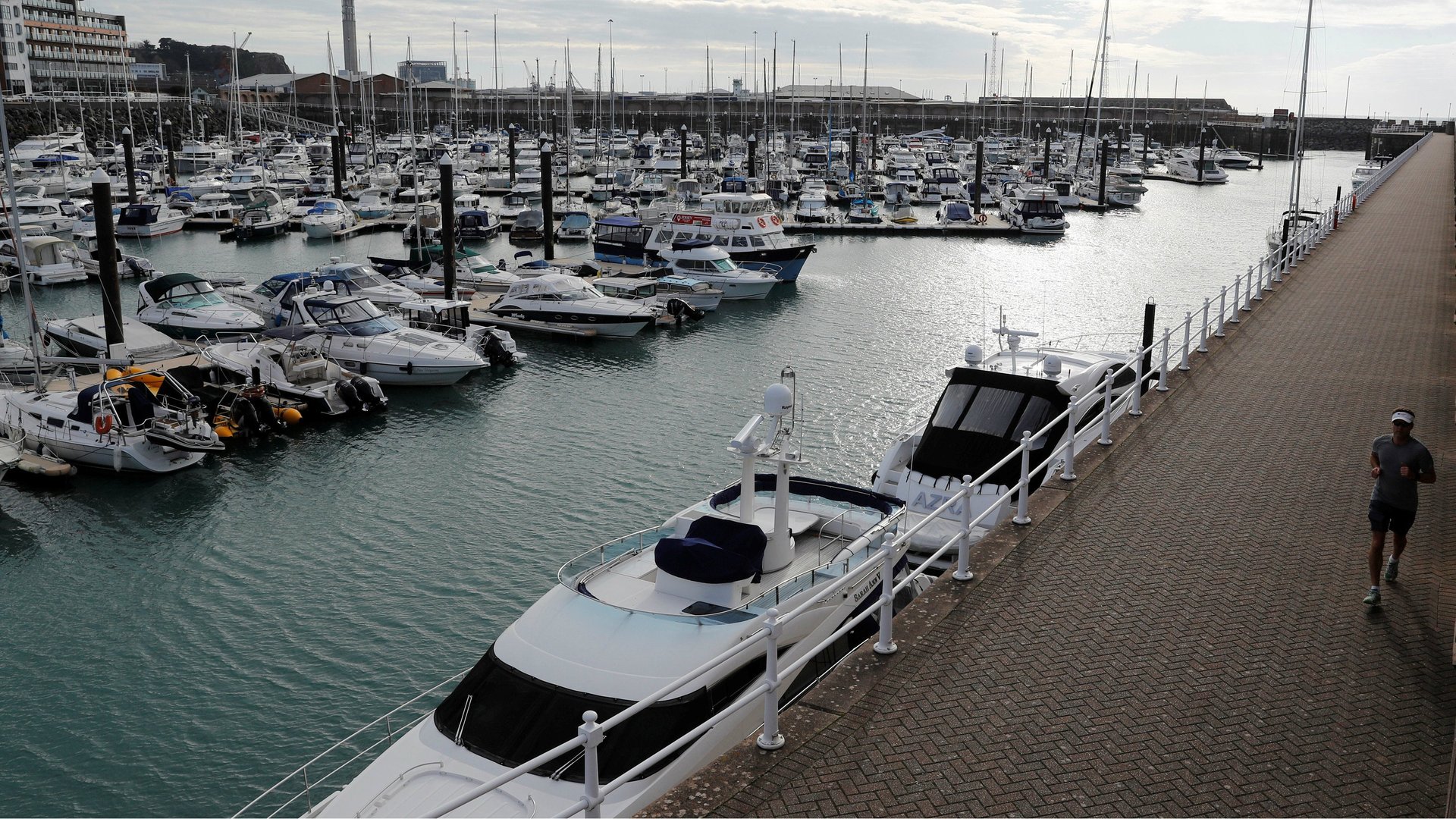Shhhhh—offshore finance isn’t always for shady tycoons
Mention offshore finance, and you might think of billionaire tycoons hiding their riches. Accounts in the British Virgin Islands or Panama seem especially sinister when hundreds of reporters spend months scouring 13.4 million documents, which are then given a cinematic-sounding name like the Paradise Papers.


Mention offshore finance, and you might think of billionaire tycoons hiding their riches. Accounts in the British Virgin Islands or Panama seem especially sinister when hundreds of reporters spend months scouring 13.4 million documents, which are then given a cinematic-sounding name like the Paradise Papers.
The reality, however, can be more banal and even legitimate.
The positive impact of offshoring
An earlier exposé, the Panama Papers, was explosive, showing how a law firm had created offshore companies that helped criminals hide their money, politicians disguise their wealth, and others conceal suspicious transactions. By contrast, much of what’s been disclosed in the Paradise Papers so far appears legal and legitimate (paywall), according to Pascal Saint-Amans, director at the center for tax policy and administration at the Organization for Economic Co-operation and Development (OECD).
Offshore accounts aren’t necessarily a problem, as long as they’re fully disclosed and transparent, Saint-Amans told Quartz. Offshore entities can aid cross-border transactions and prevent enterprises with ties to different jurisdictions from being taxed twice.
Using exotic structures to hide investments from investigations and taxation, or to disguise ownership, is another matter. It’s an issue for authorities when an offshore entity is used to divorce profits from activities, such as locating the ownership of intellectual property in an offshore address, while the research and development really were undertaken in a place with higher tax rates. “That’s a policy problem,” Saint-Amans said.
When it becomes tax evasion
There’s already been a cooperative crackdown on international tax evasion. About 70 countries launched a new tax pact at the OECD during the summer to stop multinational firms from “treaty shopping”—setting up in certain jurisdictions just to cut tax bills. The OECD says recent measures will fix international tax loopholes that collectively cost countries as much as $240 billion each year.
Authorities still have to be on the watch for abuses, and some practices should probably be prevented even if they’re lawful: As part of the Guardian’s coverage of the Paradise Papers, the newspaper reported that the Isle of Man permitted schemes used by the super rich to avoid paying taxes on hundreds of private jets.
It will be a good sign when a trove of offshore transactions only turns up things that are mundane.